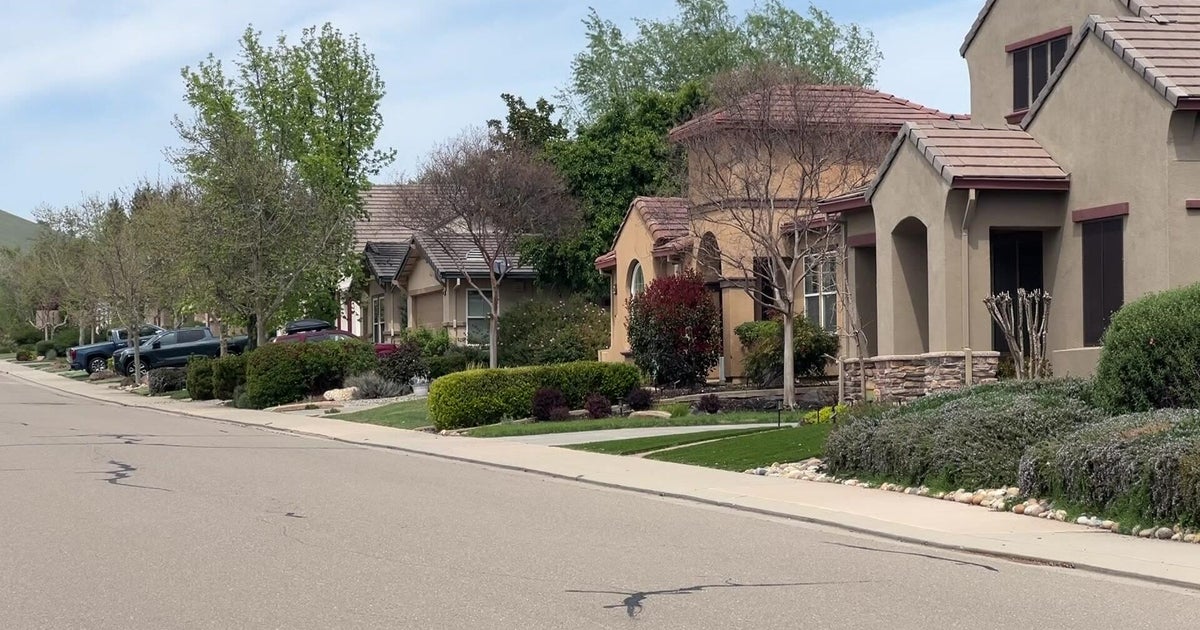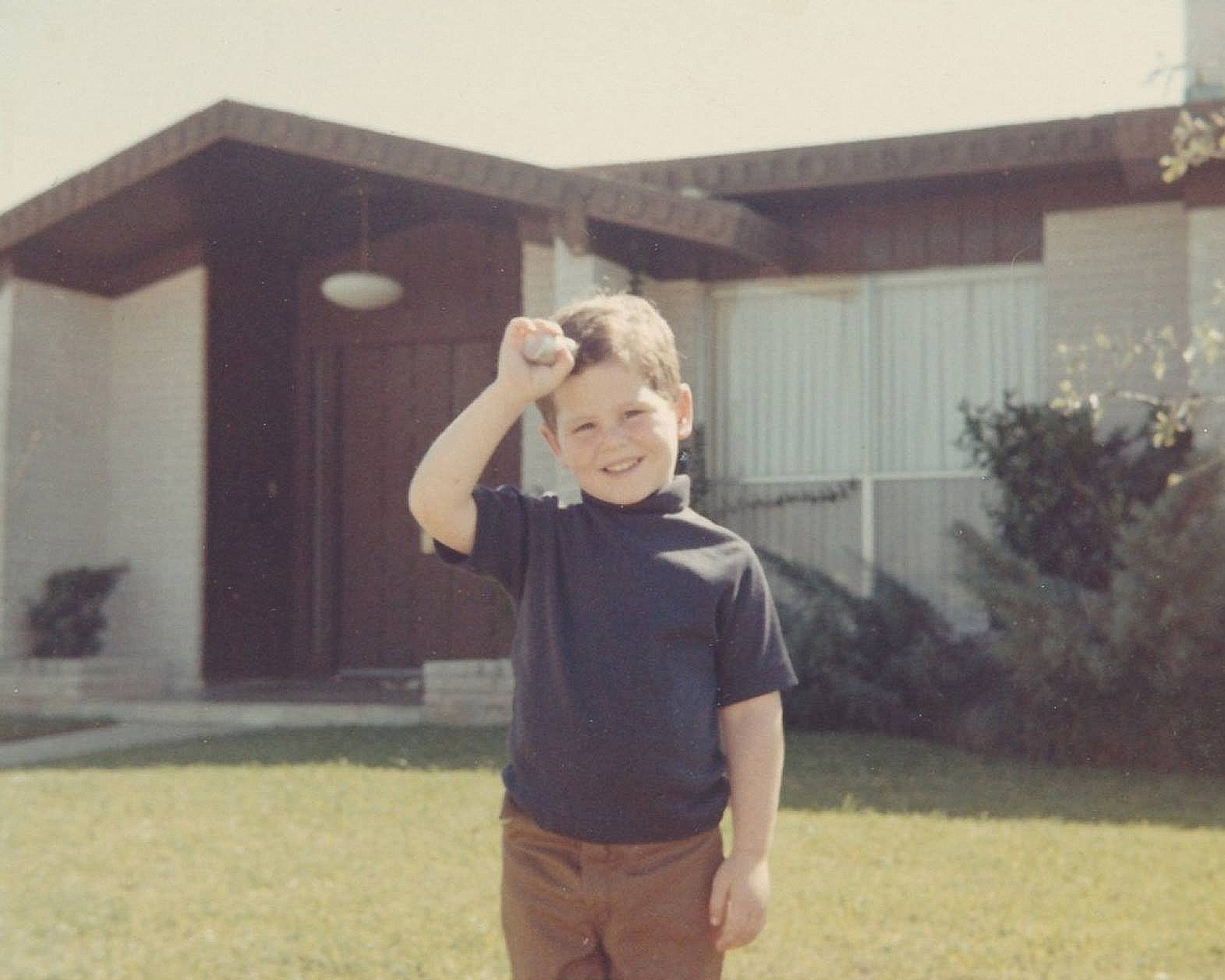Using home equity to pay off debt? Make sure you do this
Taking on debt is expensive — especially if your balance also comes with a high interest rate.
Debt consolidation is one method to pay down the debt faster. You might use a personal loan, balance transfer credit card or even your home equity to consolidate your existing debt and pay it down more quickly.
A home equity loan or HELOC can be a good solution for homeowners paying down high-interest debt since you can use the equity you've built in your home to qualify for a lower interest rate and start eliminating your balances.
But to really save yourself money and time in the long run, there's one important thing you should work on as you make your payments to bring your balance down. Namely, start working on your spending habits and budget so you can pay off the debt for good and avoid more in the future.
If you're interested in tapping into your home equity, explore home equity loans and lines of credit you can qualify for today.
How to use home equity to pay off debt
A home equity loan or line of credit can be a great way to score a lower interest rate and help you pay down your balances in full. To start, you should build up some equity in your home (so you have something to borrow against).
If you choose a home equity loan, you'll typically get a lump sum loan, which you'll pay back at a predetermined interest rate over a set amount of time. Many top rates today are well under 10% APR, depending on your credit.
A HELOC works a bit differently, but can still help you consolidate payments into one. After you're approved for a certain amount on a line of credit, you can borrow the amount you need from the HELOC to pay down your debt, and only pay your new interest rate on the amount you borrow.
Whether you use a home equity loan or HELOC, a risk to this strategy, says Keith Spencer, CFP, founder of Spencer Financial Planning, "is that it can be like a band-aid, where you're addressing the immediate problem but the problems underneath keep lurking and potentially get worse."
That's why getting honest with yourself about how you accumulated the debt — and how to avoid it going forward — should be a crucial part of your debt payoff plan.
Compare home equity loan options available to you now to see if it's the right strategy for you.
Change your habits to avoid more debt in the future
"If you pay off those personal loans, but don't change your behavior and spending habits, you could end up in the same position later by adding more and more debt," Spencer says.
Start by figuring out the spending habits that made you go into debt in the first place.
For example, if you racked up credit card debt thanks to overspending, start making changes. Look back at statements from the past few months to figure out exactly where your money is going. Then, use that to build a realistic budget that you can stick to while you pay down your home equity loan or HELOC — and beyond.
On the other hand, maybe you have high-interest debt because you needed to use a line of credit to quickly pay for an emergency expense like a car repair or cover everyday expenses during a period of income loss.
If that's the case, start working on building your emergency fund. Experts typically recommend having a few months' expenses saved. It may take time to save a solid amount of money while you pay down debt, but having savings to pull from when you need it most can help you avoid debt in the future.
Changing your habits is especially important when you're consolidating debt by using your home equity. Unlike some other consolidation options, home equity loans are secured by your home, putting you at risk of foreclosure if you default on your payments. Before you apply for the loan, make a payoff plan that fits into your budget so you can ensure you make your payments in full and on time each month.
The bottom line
If you have existing debt, especially if it's from credit cards or personal loans with very high interest rates, a home equity loan or line of credit could help you consolidate and pay it down more quickly — while saving yourself money over the long run.
But if you want to end the cycle and get rid of your debt, make sure you take an honest look at your spending and start to work out a budget you can stick to, so you don't end up in the same position again later on.
If you're considering using home equity to help pay down debt, start by learning about the terms you can qualify for.




